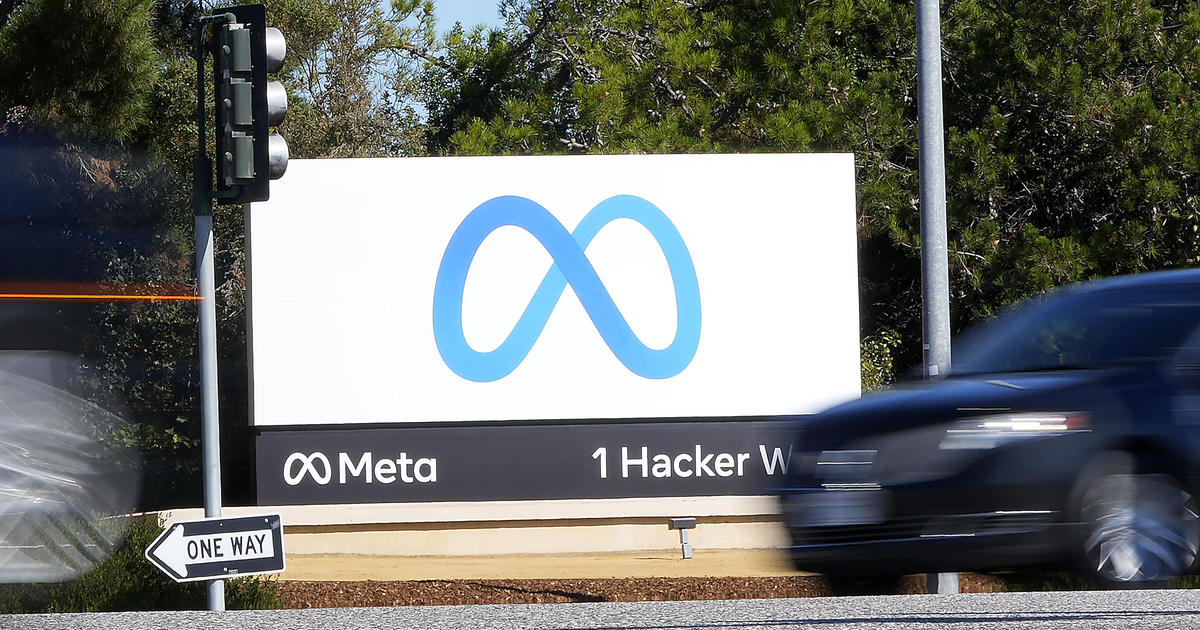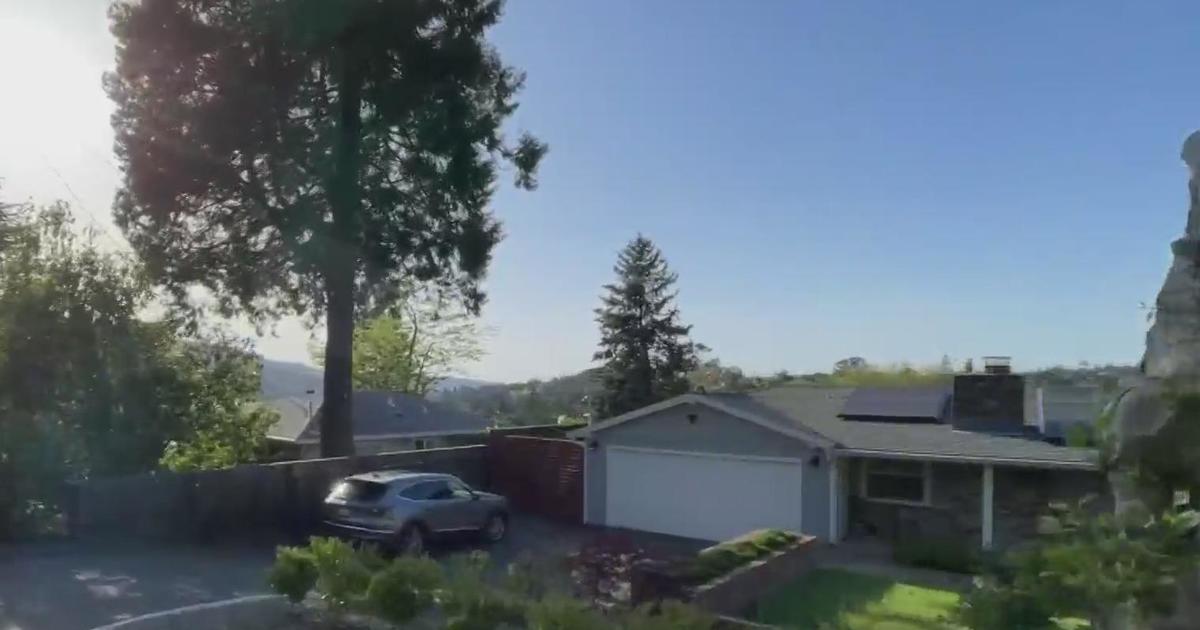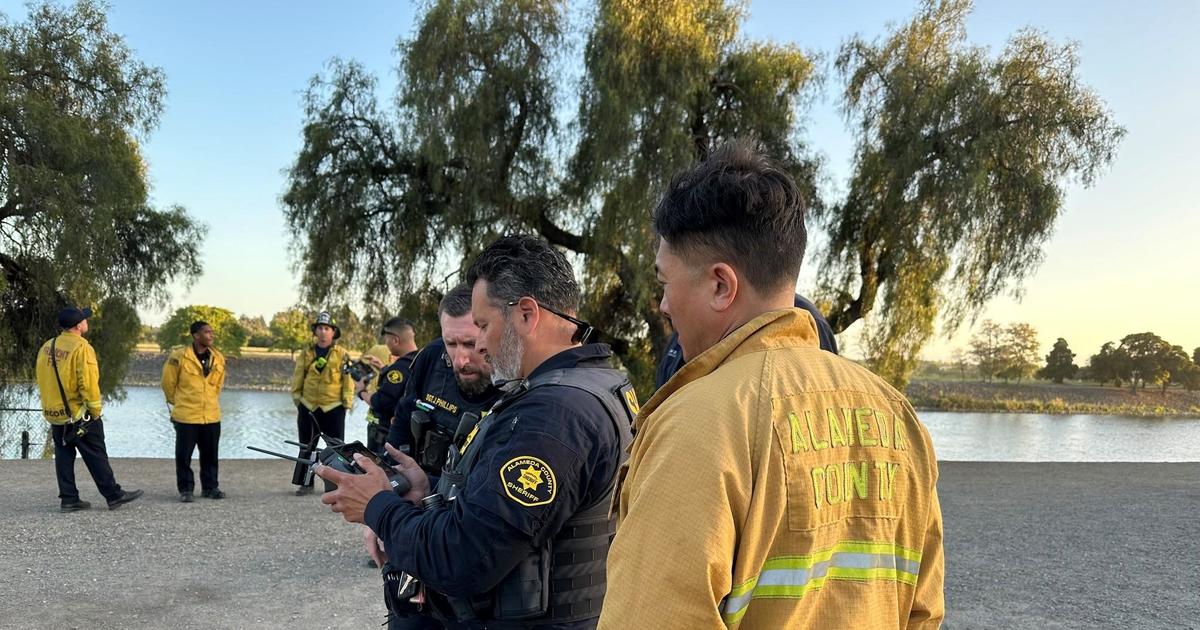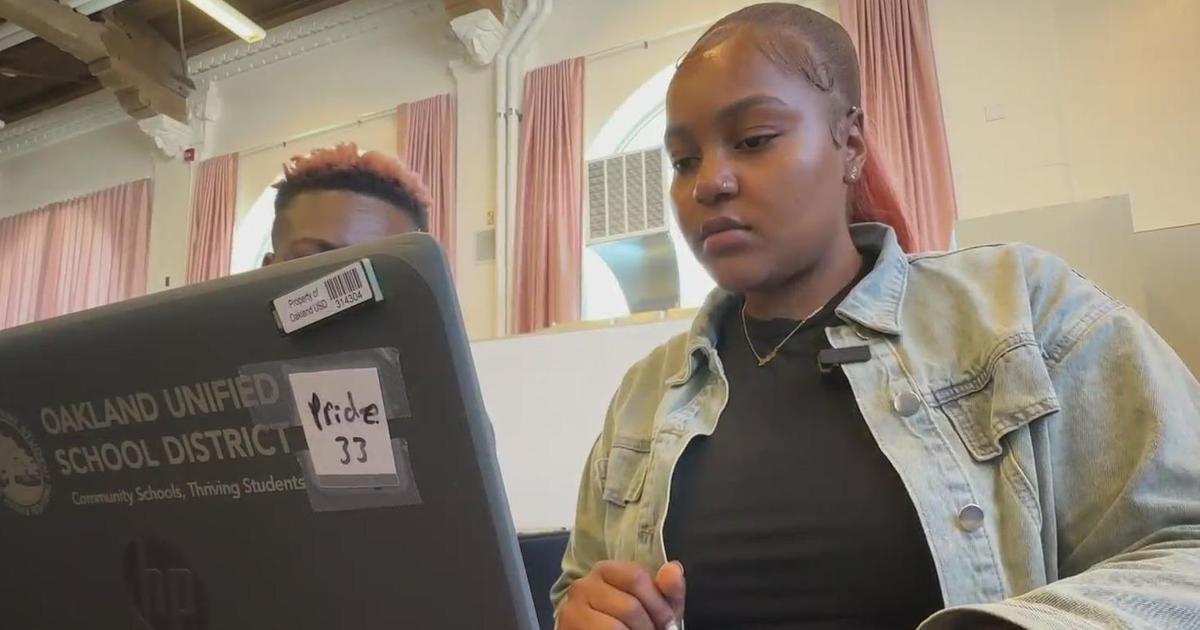Unreal Estate Is Booming; Metaverse Adds Value to Virtual Worlds
SAN FRANCISCO (KPIX) -- One of the hottest real estate markets is not in the Bay Area. In fact, it's not even in our world. It's at your fingertips in an alternate reality known as the metaverse.
"It's something we've been seeing more and more from all sorts of video game companies already and now it's starting to push into the mainstream," explained CNET News senior editor Ian Scherr.
Virtual real estate exists in 3-D spaces generated online. The term metaverse is loosely used but many believe that, at this point, it refers to multiple platforms that contain unique digital worlds. Some call it the next iteration of the Internet aka Web3.
Imagine surfing the web while you're immersed in the web: you meet, hold conversations and have unusual experiences with others in a virtual environment.
These platforms or digital worlds are various and include "Decentraland," "The Sandbox," and -- what is possibly the first one off the block -- an entity known as "Second Life," which emerged online in 2003. Philip Rosedale is Second Life's founder.
"I'm just going to build this virtual world because that's what I wanted to see happen and I wanted to see what happened if people could enter into one single, shared space," Rosedale explained.
Users jump in, don identities or digital characters known as avatars. You can be whatever you want to be, look as you want and change your appearance at will.
Anything is possible -- from a trip to Africa to having a front-row seat at Fashion Week.
These avatars are spending lots of real money that has been converted into each platform's version of digital currency.
"Second Life has this huge economy around people making interesting things and selling them to each other -- by the way -- not in speculation. Interesting things like jewelry for your avatar or clothing or furniture. Or just about anything," Rosedale said.
If you own property, you can build a home and furnish it exactly the way you want by buying digital furniture.
Now, owning virtual property is attracting significant investment.
"There's only so much land to go around so the value is going to need to go up," said Michael Gord.
Gord is co-founder of a virtual real estate company known as the Metaverse Group.
The company just bought digital property on one platform for close to $2.5 million.
Gord told KPIX that his group's research is showing an exponential growth in users. The analysis suggests very lucrative business opportunities for all kinds of brands.
"Everyone is going to use the metaverse in a few years," Gord predicted.
A leading cryptocurrency asset management group sees the metaverse as $1 trillion business opportunity.
The rapper Snoop Dogg bought property in The Sandbox, where he plans to throw private digital parties, sell NFT collectibles including avators and cars, and release music.
JP Morgan Chase just opened up what's believed to be the metaverse's first digital bank branch.
Ariana Grande and Travis Scott played at massive sold-out virtual concerts and international accounting firm Prager Metis built a virtual three-story building to advise clients.
"The first time I read this it kind of blew my mind. These guys don't mess around with money. Accountants tend to be very conservative," said real estate expert Kristi Waterworth. Waterworth writes about real estate investments for Motley Fool.
She told KPIX that buying virtual property is like buying in the real world. You don't want to buy in the wrong neighborhood. Most people want to establish their locations where the action is and where there's a lot of digital foot traffic: like the town square, near exhibition halls or even near celebrities.
Someone paid $450,000 for the digital property situation next to Snoop Dogg's virtual home.
Even if you buy, there's no guarantee it will turn into a nest egg.
"It's very speculative and jumping in right now is very risky," Waterworth said.
Tech titan Mark Zuckerberg jumped in and, in fact, changed the name of his company from Facebook to Meta.
He sees the future in virtual worlds, even though his stockholders aren't so sure. Second Life's Rosedale explained that, while his world has about a million viewers, it's not yet for everybody.
"I think the real world is our home and we need to protect it," Rosedale said. He doesn't believe all of humanity will easily flip into a virtual world.



